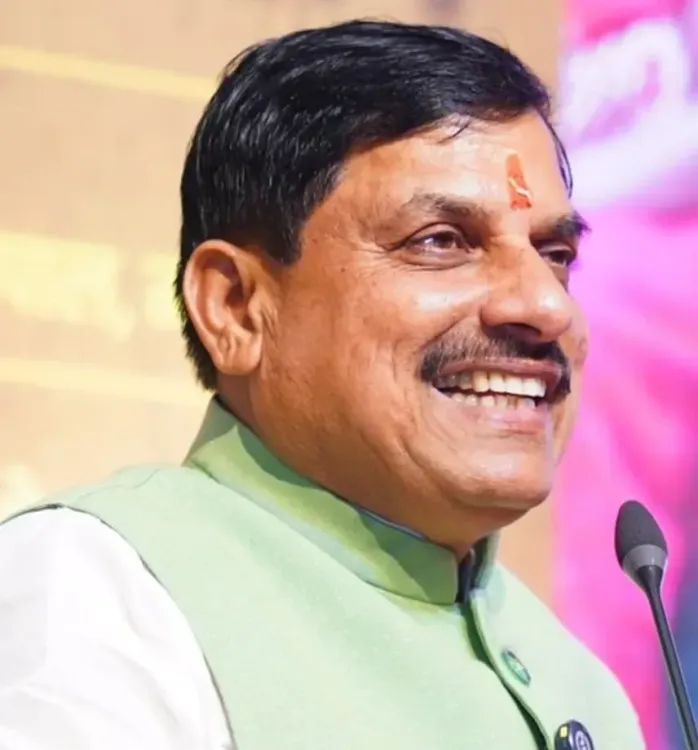What Are the New Promotion Rules by MP Government?

Synopsis
Key Takeaways
- Madhya Pradesh Civil Service Promotion Rules, 2025 aim to enhance employee promotions.
- 16% reservation for SCs and 20% for STs included in promotions.
- Promotion committees will ensure inclusive decision-making.
- Legal challenges anticipated; caveat filed in High Court.
- Over 400,000 employees expected to benefit.
Bhopal, June 19 (NationPress) Just two days following the Madhya Pradesh Cabinet's announcement, led by Chief Minister Mohan Yadav, the government has officially published the Madhya Pradesh Civil Service Promotion Rules, 2025 in the state gazette on Thursday.
The government has rolled out this gazette notification, marking the implementation of a long-anticipated framework.
Simultaneously, the state administration has taken precautions against potential legal challenges from unions or government employees who might seek to halt the new rules. These updated regulations are designed to revitalize the state bureaucracy while ensuring fair representation for Scheduled Castes (SC) and Scheduled Tribes (ST).
This initiative follows a nine-year hiatus in promotions across state services, which had resulted in numerous employees retiring without any advancement, significantly affecting administrative efficiency and morale. According to the notification, 16 percent reservation for SCs and 20 percent for STs, which has been in place for direct recruitment, will now also apply to promotional opportunities.
The government has highlighted that these rules aim to balance merit, seniority, and social justice. Promotion committees will be established for each cadre, led by departmental secretaries and including senior officials from the General Administration Department (GAD).
If no core committee members belong to the SC or ST categories, second-class officers from these communities will be included to ensure an inclusive decision-making process.
In instances where departmental committees arrive at conflicting decisions, a higher-level committee under the Chief Secretary will step in. This structure is set to remain operational until 2028, after which it may be subject to revision. The rules also define the eligibility criteria.
Employees who are under suspension, facing disciplinary actions, or have pending criminal cases will not be eligible for promotion. However, should such employees be acquitted later, their sealed recommendations will undergo review, and promotions may be granted retroactively. If there are no vacancies available, the last officiating promotee might be reverted to accommodate the eligible candidate.
This reform comes in response to years of legal and administrative stalemate due to disputes over reservation policies in promotions. The newly established framework has been developed in consultation with the Law Department and is aligned with directives from the Supreme Court. It is anticipated to benefit over 400,000 employees and create approximately 200,000 new promotional opportunities.
The state government has positioned this reform as a pivotal element of its administrative modernization and social equity objectives. With the rules now in effect, Departmental Promotion Committees are expected to convene within the current year to prepare selection lists for 2026.
Foreseeing potential legal challenges from unions or government employees seeking to halt the rules, the department has instructed that any petitions filed in the High Court at Jabalpur, Indore, or Gwalior must be communicated to the Advocate General's office.
Deputy Secretary Ajay Katesaria has announced that the state government is proactively filing a caveat in all three High Court benches to ensure that it is heard before any interim relief is granted in related cases.









